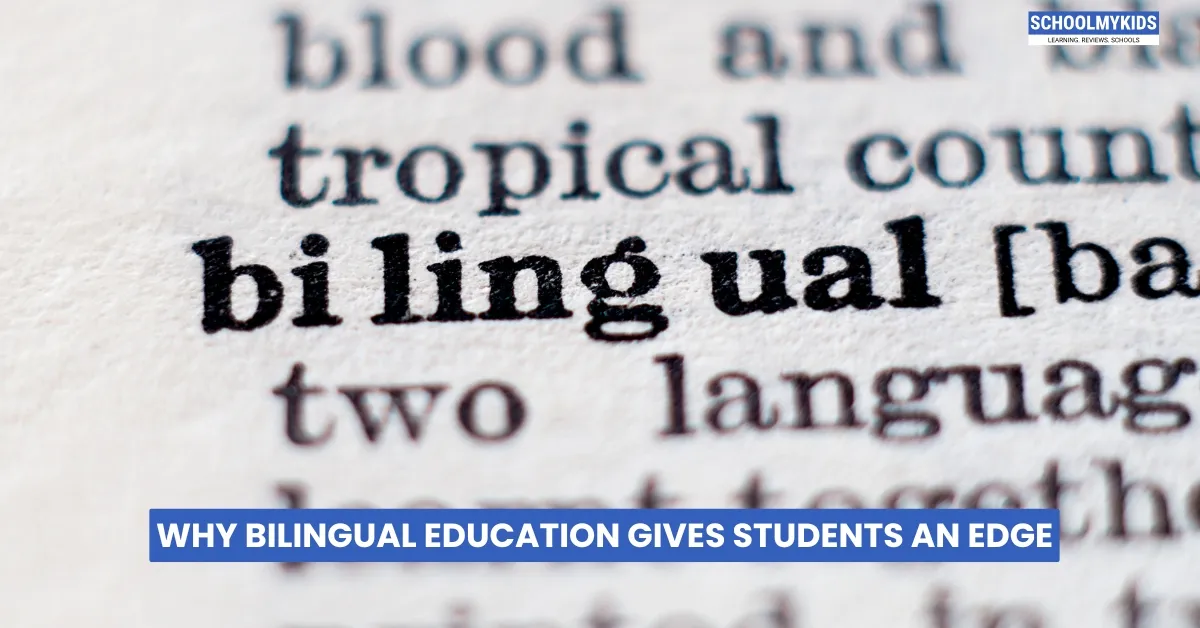Bilingual education provides students with significant cognitive, academic, and social advantages that extend far beyond language proficiency to enhance problem-solving abilities, cultural awareness, and global competitiveness. Research consistently demonstrates that bilingual students develop superior executive function, creative thinking skills, and mental flexibility that benefit them throughout their educational and professional careers.
Cognitive Enhancement and Brain Development
Bilingual students develop enhanced executive function as their brains constantly manage multiple language systems, strengthening mental control processes that improve focus, attention switching, and working memory. This cognitive juggling act creates more efficient neural networks that benefit all types of learning and problem-solving activities.
Mental flexibility increases dramatically as bilingual students learn to think in different linguistic frameworks, developing the ability to see problems from multiple perspectives and generate creative solutions. They become more adept at considering alternative approaches and adapting their thinking strategies to different contexts.
Attention control improves as bilingual brains develop superior abilities to focus on relevant information while filtering out distractions. This enhanced concentration ability translates directly to better academic performance and improved learning efficiency across all subjects.
Academic Performance Advantages
Bilingual students consistently outperform monolingual peers on standardized tests measuring critical thinking, creativity, and academic achievement. Their enhanced cognitive flexibility allows them to approach complex problems with more sophisticated analytical strategies and innovative solutions.
Reading comprehension benefits from bilingual education as students develop a deeper understanding of language structures, grammar patterns, and vocabulary relationships. They recognize connections between languages that enhance their overall literacy development and textual analysis abilities.
Mathematical reasoning improves among bilingual students who demonstrate superior abilities to understand abstract concepts, recognize patterns, and apply logical thinking processes. The cognitive flexibility developed through language learning transfers directly to mathematical problem-solving approaches.
Cultural Competency and Global Awareness
Bilingual education creates culturally competent individuals who understand diverse perspectives, values, and worldviews through direct engagement with multiple cultural contexts. This cultural awareness becomes increasingly valuable in our interconnected global society and diverse workplaces.
International perspective development occurs naturally as students explore literature, history, and current events from multiple cultural viewpoints. They develop a nuanced understanding of global issues and the ability to communicate effectively across cultural boundaries.
Empathy and tolerance increase as bilingual students learn to appreciate different ways of thinking, expressing ideas, and understanding the world. These social-emotional benefits contribute to more inclusive and harmonious learning environments and communities.
Communication and Social Skills
Advanced communication abilities emerge as bilingual students master multiple ways of expressing complex ideas, emotions, and concepts. They develop a sophisticated understanding of audience, context, and cultural appropriateness in their communication choices.
Social adaptability improves as students learn to navigate different cultural norms, social expectations, and communication styles. These skills prove invaluable in diverse academic settings, social situations, and professional environments throughout their lives.
Conflict resolution capabilities strengthen as bilingual students develop abilities to understand different perspectives, find common ground, and communicate across cultural differences that might otherwise create misunderstandings or tensions.
Career and Economic Advantages
Employment opportunities expand significantly for bilingual individuals who qualify for positions requiring multilingual capabilities in education, healthcare, business, government, and international organizations. Bilingual skills often command salary premiums and career advancement opportunities.
Entrepreneurial advantages emerge as bilingual individuals can access multiple markets, build diverse professional networks, and identify business opportunities that monolingual competitors might miss. They can navigate international business relationships and cultural considerations more effectively.
Leadership potential increases as bilingual individuals develop cross-cultural communication skills, global perspectives, and the ability to work effectively with diverse teams and stakeholders in increasingly multicultural organizations.
Technology and Innovation Integration
Digital age advantages multiply for bilingual students who can access information, educational resources, and professional opportunities in multiple languages. They can consume diverse media, research sources, and online learning platforms that broaden their knowledge base and skill development.
Innovation capabilities expand as bilingual thinkers combine insights, approaches, and knowledge from different cultural and linguistic traditions to create novel solutions and ideas. This cross-cultural creativity becomes increasingly valuable in innovation-driven economies.
Global collaboration skills develop naturally as bilingual students learn to work effectively in multilingual teams, participate in international projects, and contribute to global problem-solving initiatives that address complex worldwide challenges.
Implementation and Program Models
Dual-language programs create environments where students learn academic content in two languages simultaneously, developing high levels of proficiency in both while maintaining academic achievement standards. These programs benefit both native English speakers and English language learners.
Immersion programs provide intensive second-language experiences that accelerate language acquisition while maintaining first-language development. Students develop authentic proficiency that enables them to function effectively in professional and academic contexts.
Heritage language programs help students maintain and develop their family languages while excelling in English, creating balanced bilingual abilities that honor cultural backgrounds while ensuring academic success in dominant language contexts.
The evidence overwhelmingly supports bilingual education as a powerful tool for enhancing student achievement, cultural understanding, and future success in our increasingly interconnected world.








Be the first one to comment on this story.